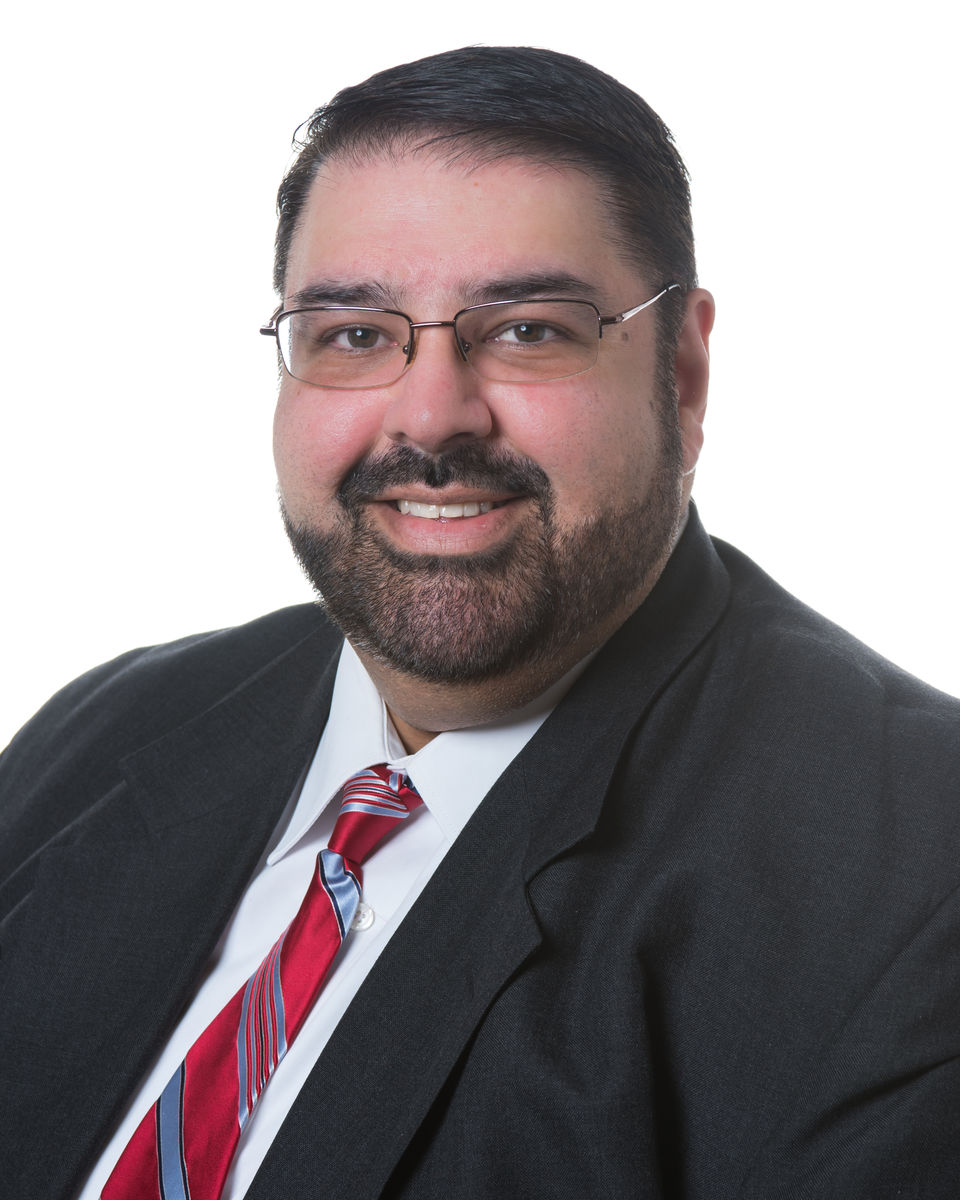Faculty Spotlight: Khurram Khan, DPM
By: Norah McDonnell, ENG '22

Dr. Khurram Khan graduated from New York University with a BA major in biology and a minor in chemistry. Doing post-bac work for a master’s degree at Barry University, Dr. Khan spent time with podiatry students and realized that the curriculum was similar, so he decided to abandon the master’s degree and apply to podiatry school. Dr. Khan was particularly interested in diabetic foot, as both of his parents were diabetic at the time; he wanted to help make a difference in diabetic patients’ lives. Since PCPM had the best ranking of podiatry schools, Dr. Khan chose to pursue a Doctorate in podiatric medicine.
Dr. Khan fondly remembers his time as a student in podiatry school. As the Class President all 4 years at Temple University School of Podiatric Medicine, Dr. Khan enjoyed being a part of the administrative team, working with Dean Mattiacci, and participating in meetings, especially during the transition from PCPM to TUSPM in 1998. As a student, his main goal was to ensure that the students’ needs were not forgotten during the transition period. He is proud to have helped shape the future of the school.
Dr. Khan is proud of being a teacher and a mentor to podiatry students. He began his teaching career at NYCPM in 2007, thinking this would be a short-term gig but loved teaching so much he decided to continue on the Education pathway. After 10 years at NYCPM, he transitioned to TUSPM in 2017.
The rewards of teaching students and being a clinician are endless. Every podiatrist feels that it is rewarding to see patients on a daily basis. From a teaching perspective, Dr. Khan feels rewarded by the lessons being implemented by the students and watching their success. “It’s like teaching a child walk for the first time, seeing the students practice and get better, and then know that we were part of teaching them the process,” said Dr. Khan. The rewards in teaching do not necessarily equate to riches in one’s bank account, but through lives impacted and through career development, a lesson Dr. Khan attributes to his mentor and former Residency director Dr. Lawrence Harkless.
He has been awarded by the students, the “Best Teacher/Clinician Award” multiple times both at NYCPM and during his short tenure here at TUSPM. He is proud to have won this award and affect so many students’ lives at both schools. Dr. Khan explains that one of the most rewarding aspects of his position is watching his lessons being implemented and hearing feedback from students, both past and present, as they learn throughout their externships and residencies. Dr. Khan explains: “As a foot doctor, I am hands-on with maybe 20 patients a day, and affecting the lives of maybe 3,000 patients a year. Teaching the techniques to other students and having them implement the strategies, now you can imagine how that multiplies, and now your techniques are used by a 100 students in class, and if they each treat 3,000 patients, then that is 30,000 patients a year that are benefitting from what was taught.”
Dr. Khan also counsels students on picking residencies, and it begins with the lifelong goal of achieving happiness, and then working backwards to achieve that goal. Since happiness is personal and individualized, the process is personal for each student. Once the 4th-years gain experience and start to choose residencies, they go back and talk to the younger students. All of the students go through the same experiences, so advice from a 4th-year to a younger student is helpful. One of the challenges of teaching is trying to get students to understand the whole picture, not just the short-term goals or deadlines. “The challenge is trying to get them to see beyond next week, or next year, and think about the next 10 years. What you do now affects how you do in externships and residencies and beyond,” explains Dr. Khan. Dr. Khan also advises students to manage their time wisely, “time is the commodity, not money.” Dr. Khan’s residency director used to say: “You are the smartest the day you graduate from residency.” Once you graduate residency there is no constant daily barrage forcing you to learn, so it is necessary to master the material while in residency. If the experience is not utilized to the fullest extent, then the time is lost. Understanding the material, not memorizing, is the key to success in any profession, especially medicine. “Truly understanding the material and recalling itis what makes a great doctor,” says Dr. Khan. Students are pushed along, and they take exams. If the grade is an 80%, then 80% of the material is mastered, but what about the other 20%? Sal Khan of Khan Academy has a TED Talk on mastering material and how teaching is often done incorrectly. “The key is mastering the material and not moving forward until it is mastered. Memorization is recognition, but understanding is being able to recall on the spot,” says Dr. Khan. He teaches in his class about the transition from thinking like a student to thinking like a doctor, in which the key to success is practicing on a regular basis. The more you practice, the better the outcome. Students can practice on friends and family, learn which questions to ask, and the following the steps towards reaching a diagnosis and a solution. Students need to be more comfortable in communicating with patients, both verbally and through non-verbal cues that the patient gives.
Dr. Khan plans to practice time management himself and would also like to be more involved in research and publications and is seeking out opportunities to improve TUSPM from the faculty side vs. his days as a student.



